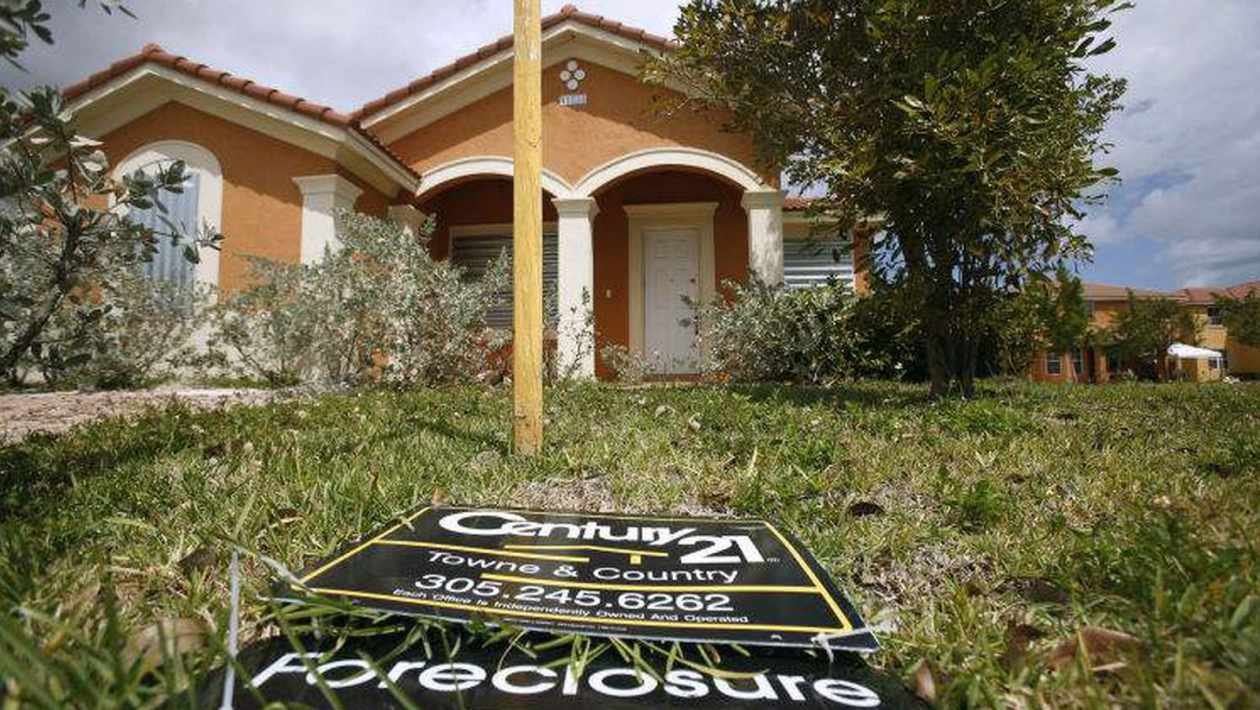Everyone cannot buy a home with the money that they have in their savings accounts. Most individuals take up loans to buy or build houses. Those who fail to repay home loans due to market conditions, unemployment, or others, face legal consequences. Their property gets seized and sold off by the financial institution to recover the unpaid money. Remember that buying a foreclosed home is legal and profitable too. However, there are several legal elements and problems associated with such a property. Thus, as a buyer, you have to be careful about the real estate property’s ownership status.

Did you find a foreclosed home that you like? The first step is to learn these significant criteria before buying a foreclosing home.
Comprehend the foreclosing procedure
Table of Contents
Buying a standard property is very different from foreclosing home purchases. You have to recognize the legal formalities and understand the appropriate procedure. The foreclosure does not happen immediately or instantaneously. There are several stages before the ownership changes hands.
The process starts when the owner defaults on bank mortgage payments and the lender issues a notice within 90 days. If the homeowner does not redeem within a year or so, a trustee sale notice is publicized. The lender attempts to sell the property to recover the incurred costs and make some profit.
The home goes for sale at a public auction. If there is no purchase, then the bank becomes the owner. The bank, then, sells the house in the traditional manner. Many buyers find it safer and simpler to buy the foreclosed home after the bank takes ownership.
Home inspection of a foreclosed home
When you are buying a foreclosed home, it is not possible to tour the home. You will have no idea of what the interior holds or the repairs required. The money you plan to save by buying a foreclosed home might dissolve in dealing with the repairs. On the other hand, the home could be a perfect abode. Unless you buy the home in an auction, you have the right to request the bank or the current owner to allow a home inspection.
The home inspection cost will fall on the wallet of the potential buyer. The bank or the seller would not be responsible for this cost. Usually, foreclosed homes might need intensive repairs. Thus, get a high-end third-party home inspector to check the electric lines, structure, sewage, installed appliances, safety, and more. This report will help you bid the right amount.
If there are termites, fire/water damage, broken objects in the house, or other problems, you cannot request the bank or the seller to repair it. In most cases, the bank usually explains the major issues in the house. But, an inspection from your side is essential.
Buying foreclosed homes from banks- cost effective

The banks usually try to sell the property as soon as possible. The ultimate aim of the bank would be to retrieve the payment defaulted by the borrower and the cost incurred during the other processes along the way. According to experts, banks usually sell such homes for 38% less than the general market value. Thus, it is more cost-efficient to buy homes from the hands of the bank. On the other hand, high-end real estate dealers and buyers would attend the auction, and the chances of the price going beyond the market value are very high.
Why is buying foreclosed homes not easy?
First of all, the owner would make all arrangements required to ensure that his home does not end up in an auction. There are several options for the homeowners to evade this situation than five or ten years ago. According to research, the number of foreclosures in 2015 was 1.08 million. It is 3% lower than the number of foreclosed properties in 2014 and 62% lower than in 2010.

When a foreclosed property comes to auction, many professional investors would flock, and the auction buyer should pay the amount in cash. A commoner can’t have such a large cash amount in hand. On the other hand, real estate dealers can afford to do so.
Steps involved in buying a foreclosed home
Find a foreclosure agent
You can find certified agents who are specialists in dealing with short sales, foreclosures, and more. These agents can work directly with the bank or the bank’s agent. It is not easy to find foreclosure auctions. Some banks post it online, some prefer print media and more. A specialized agent will have better visibility of all the properties like preforeclosures, banked-owned homes, short sales, and more.
A pre-approval letter
A pre-approval letter is essential if you are not ready to pay in cash at the end of the auction or purchase. This letter shows your credit score. Each bank has different procedures for issuing a pre-approval letter. In most cases, it involves a lot of paperwork and time. Thus, it is imperative to prepare for the letter, as early as possible. You can also apply for loans for buying foreclosure homes.
Learn the market trend
Your agent should run CMA – comparative market analysis, which will help you learn the recent sale value of similar properties. Usually, agents run CMA for 180 days to understand the market trend. Your agent will then appraise the property to learn the actual worth of the property. There is no exact formula to calculate the right bid amount. If the location or the house is of intricate value, you can bid higher.
The foreclosed homes are cost-effective, and you can make a steal if it is a down market. However, post-sales repair costs could be a hurdle. Moreover, you need to fight with professional buyers to out-bid them. Beyond these, there are several scammers trying to make a penny out of you or the seller. So, be aware of the market risks and scams. It is best to hire an agent rather than testing the water with your novice experience.





